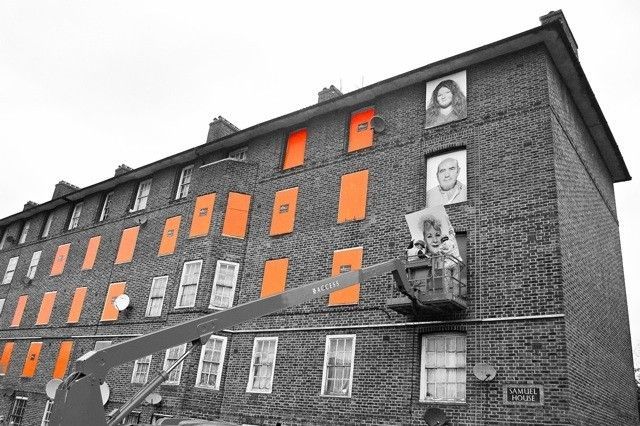Considerate Urbanism: Journey across the Seven Cs
The Considerate Urbanist Blog #3 13th March 2023
Considerate urbanism is a human-kind approach to urbanism that invites us to go beyond the 3D physicality of space, to consider how we experience, feel and connect in urban space and cities.
It is sensitive to the spectrum of different lived experiences and needs in cities and recognises the complexity of everyday life and urban behaviours. This focus on the human dimension of cities is badly needed. The very shape our urban fabric takes seems to accommodate vehicles much better than it accommodates the needs of people and our environment. This is because we have been building our cities primarily around the needs of the car.
Are we really going to base our urban future on the needs of the car too?
It feels like we need to rethink the fundamentals of what we base our urban form, lifestyles and functions on. And if we were not to base our cities around cars – what would it be instead? Considerate Urbanism is about just that. Prioritising human interaction and connection as the key fundamental. Asking questions like, what do people need to live successfully in a city or place? How can we care for everyone’s needs and wants? What do we need to do to ensure we are looking after our environment so it can look after us? Can we all feel good in urban environments, not just some of us? Creating urbanism for all. Centring care, empathy, affinity, emotion, and human experience to move us from car-based urbanism to care-based urbanism.
The world is socialising and in previous blogs I’ve talked about the time for the social city being now. The social city is predicated on the quality and power of connection, interconnection, relationships and community. Where capitalism feels like it’s about separation: humans and nature; business and society, resources and value; Considerate Urbanism about how these things are interconnected and reliant on each other. It is the antidote to separation and instead focuses on reintegration.
So, we bring together a broad range of topics and disciplines under Considerate Urbanism’s three tenets of social justice, economic inclusion and environmental resilience; with an overarching focus on enabling the future “next city”. This includes health, equality and inclusion, dignity and social justice, accessibility and engagement, identity, belonging and culture, regenerative and inclusive economies.
Fostering considerate urbanism is a systemic and emergent approach that needs to happen on multiple levels, across multiple disciplines and stakeholders, with a variety of lenses and timescales. It is a process, a state and a mindset. Universal and specific. Material and theoretical. It won’t happen by itself and it won’t happen alone. That is why we are building Considerate Urbanism as a:
- Movement: unifying ideas, connecting people and propelling action.
- Mindset: growing a different mindset and behaviours for decision-making and commissioning.
- Method: learning, developing and applying the concept of considerate urbanism in practice.
Our Seven C’s framework helps to weave tangible activities and action from this complexity. The framework is flexible enough to allow the Seven C’s to be explored when considering anything from a project or a space, to a whole city or its infrastructure:
- Considerate Framing: this provides the focus for Considerate Urbanism application – it helps understand why we are doing something and what Considerate Urbanism means in this context.
- Considerate Process: helps to ensure the process itself is considerate – this could be in terms of how you are engaging, who you are engaging with, and the narrative and the tools you are using.
- Considerate Results: this concerns what outcomes, outputs, legacy, objectives and deliverables you are seeking to generate and to what extent they are considerate.
- Considerate Experience: this focuses on the experience that is generated and created for people, what does it feel like, how are people using and engaging with it.
- Considerate Behaviours: this explores what kind of behaviours and interactions are fostered by the experience; how can this create resilient and healthy communities and strong social fabric.
- Considerate Future: this asks us to explore and imagine what kind of urban future are we creating and how it can enables a transition to the next city, expressed through the measures of social justice, economic inclusion, environmental resilience.
- Considerate Impact: this asks what the overall impact of the project to different stakeholders is, over different spatial and temporal scales and the different types of value (beyond monetary) it creates.
As our structures and systems change to address the challenges we face together, our cities will bear the strain of their development, form and function being built on concepts and ideas (i.e., cars, capitalism, materialism) at the point of concept fatigue. Time to use our collective imagination and skills to socialise our cities and build a new and more considerate basis for our shared urban future.

